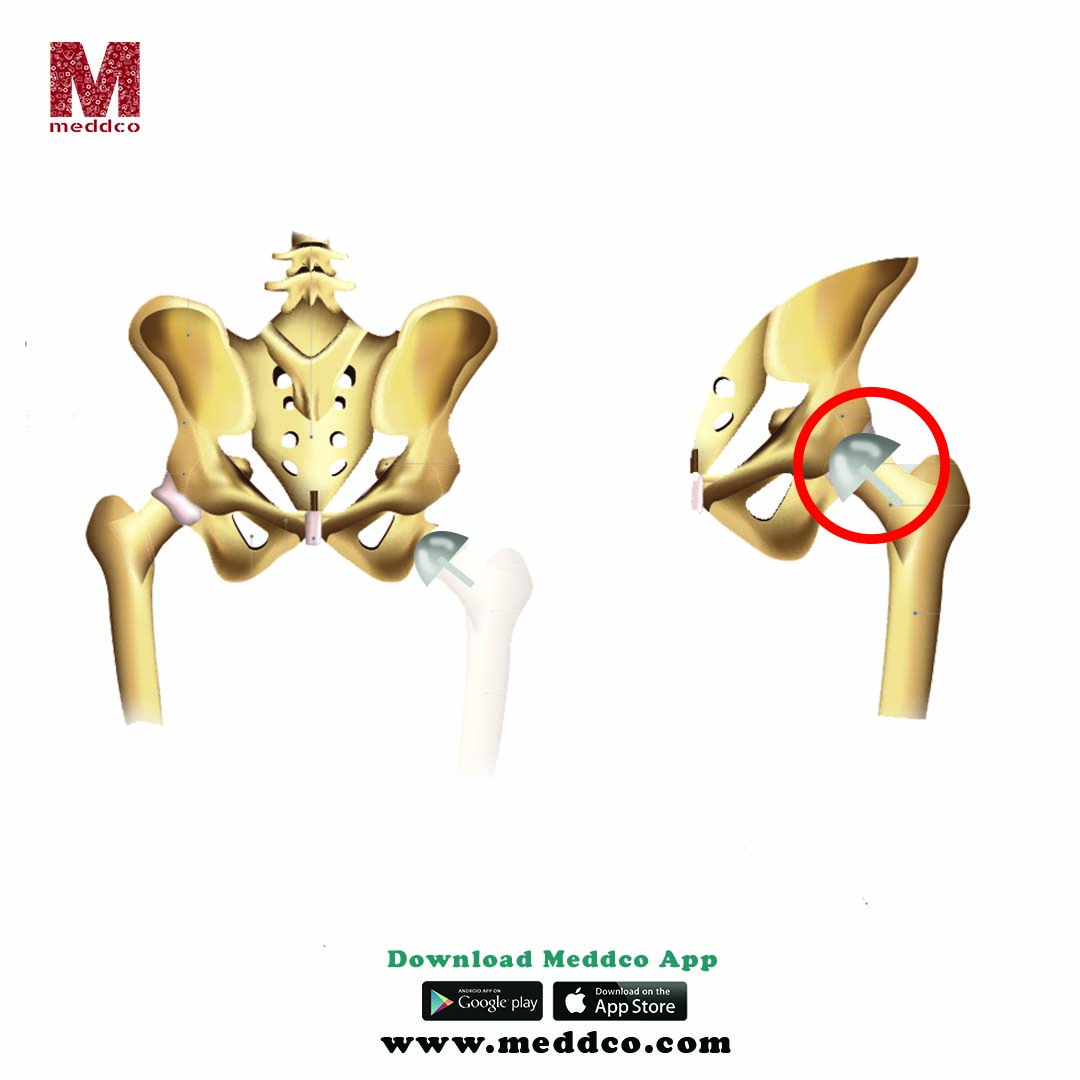

: Admin : 2021-04-12
Hip resurfacing surgery
What's the hip resurfacing?
Hip resurfacing is a form of surgery to repair weakened hip joints. The oval head of the thigh bone (the femoral head) passes smoothly inside the circular socket of the hip bone in the hip joint. Normally, the socket is coated with cartilage, which allows the bones to pass smoothly. When this joint is broken, moving the femoral head may cause discomfort when the bones scrape together abnormally. Your surgeon makes an incision during the resurfacing of the hip bone and thighbone. Next, he or she trims and covers the femoral head with a flat metal coating. Your surgeon also removes the section of the broken bone from the hip bone joint and replaces it with a metal shell.
What condition needs hip resurfacing surgery?
Osteoarthritis (most common), Injury or fracture of the hip joint, Bone tumor in the hip joint, Rheumatoid arthritis, and Osteonecrosis are the medical conditions usually needed for hip resurfacing surgery.
What is hip replacement surgery?
Total hip replacement surgery requires replacing the hip joint with an artificial joint consisting of metal, plastic or ceramic material. The specialist can make a six-to ten-inch incision on the side or back of the hip. Materials used to make the artificial joints are durable and designed to last a long time inside the body.
How long am I going to stay in the hospital following hip resurfacing surgery?
Usually, you stay in the hospital one or three days after surgery, based on how well you advance in physical therapy. When you're able to walk longer distances and make steady improvements, you'll be happy to go home.
When can I have a shower or a bath?
Many people shower on the second day of surgery and are still in the hospital. You can need a shower seat and a portable showerhead when you get home to help you bathe easily and securely. You will also be advised by your physician to cover your incision while you bathe.
How am I supposed to know if my incision is infected?
You will find discolored skin following surgery, some bleeding and drainage around the incision. It's usually here. You may have an infection if you feel uncomfortable redness, irregular swelling, or dark, bad-smelling leakage from the incision.
How am I expected to sleep at night and keep my hips secure and comfortable?
It can help keep the hip secure and stable by placing a cushion between the thighs. Depending on what makes you feel relaxed, you may sleep on your back or either side.
What kind of activity can I stop after surgery?
You should eventually return to daily routines, however. To avoid particular positions that could bring tension to your new joint, you will be advised by your joint replacement treatment team. Stop high-impact sports, and before engaging in a new workout regimen or a physically taxing activity, contact the physician.
Related Articles
No Comments